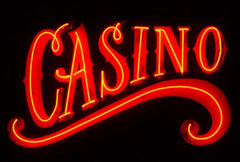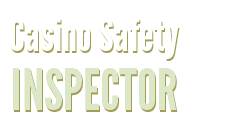Malta gambling licensing

Malta was one the first member states in the European Union started issuing and fully regulating online casino software operators.
After a while, the Remote Gambling newsletter Regulations were changed (in 2004) and the regulations bodies in Malta were offering 4 classes of licenses with five-year duration period for remote gambling:
Class 1
Licenses for the operators equipping online casino games as well as games of chance & random number generator games.
Class 2
Gambling licenses for the online betting & sports operators.
Class 3
Licenses for promotion companies alongside with advertisers working in Malta.
Class 4
Gaming licenses for companies (not operators) hosting and managing operations of the remote gambling.
Then, in March 2005, the MRGC (Malta Remote Gaming Council) was launched by the Lotteries & Gaming Authority. The function of the Council is to encompass all of the remote gambling operators as well as service providers. It was the successful idea as afterwards the MRGC created special online forum free to use for service providers and operators. This forum allowed them to discuss different kinds of issues: technical, legal or even administrative. In the end, more effective, legitimate and successful work was supposed to be in Malta's remote gambling industry.
Later on, in September 2007, the United Kingdom gave Malta a place in its "white list". This is the list of countries complying with England's severe gambling regulations. This is why, Malta could see the steady rise of many licensees interested in getting its licenses.
Licensing conditions in Malta
There are many jurisdictions in the world granting licenses for companies and operators working in the online gambling sector. Nevertheless, all of them have different regulation laws and rules both for players and e-business gurus. Malta is not an exception. It gives licenses on such conditions:
- MTL 1,000 is the initial licensing fee for all licensees;
- annual licensing fee is $1,000 (Maltese dollars);
- recurring fees for licensing;
- is the gaming tax of turnover;
- no permission for taking bets from the island's citizens.
The LGA (Lotteries & Gaming Authority) was developing its procedures and policies for remote gaming in 2004. Unfortunately, nowadays it is more concentrated on the amount rather than quality of operators with its licenses. LGA should remember that the Authority's aim is to manage rather than to license operators.
Welcome to the world of online casinos!

Online gambling has become a popular kind of entertainment. Players enjoy the opportunity to gamble without leaving home.
The main concern of all online players is whether the online casinos safe. The truth is that most of the casinos care about players and are licensed with the reliable licensing jurisdictions that guarantee transparency and fair gaming.
Moreover, online casinos provide players with great casino bonuses!
Are online casinos safe?
 Gambling in online casinos is safe and that can be proved by licenses and certificates. For more information read this article that reveals all secrets and facts.
Gambling in online casinos is safe and that can be proved by licenses and certificates. For more information read this article that reveals all secrets and facts.

